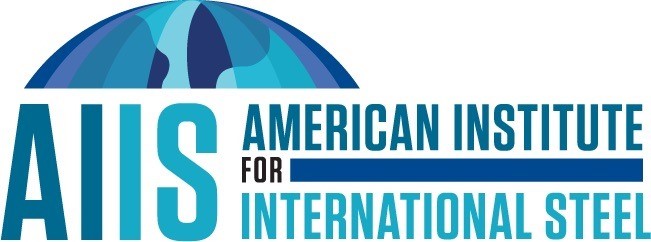
SEATTLE (Scrap Monster): Importers have recently been faced with many seldom used or new and unprecedented trade remedy actions, including Section 201 (solar cells and panels), Section 232 (steel and aluminum), Section 301 (China), and now International Emergency Economic Powers Act (IEEPA) (Mexico) actions, all of which involve not only substantial duty costs but also continued administrative expenses for compliance. Added to the more common antidumping and countervailing duty cases, these actions have required significant resources to learn about, plan for, and implement responses to each remedy.
Importers are not alone in this – U. S. Customs and Border Protection (CBP), despite lacking any authority for making the new policies, faces much of the burden of implementing them. For many of these actions CBP has had to make the changes required with only a few days – or even just a few hours – notice. Many involve large scale changes in ACE and other systems. CBP has provided information about these changes through the Cargo System Messaging Service (CSMS) and new and updated pages on the CBP website, as well as through various outreach activities.
CBP has advised that it has 162 new quotas (primarily Section 232 steel) to manage. Although product exclusion requests are decided by the Commerce Department (Section 232) or the USTR (Section 301), CBP has reviewed over 78,000 exclusion requests, primarily to determine if they would be enforceable. CBP has collected over $24 billion in additional duties due to these trade actions. The increased duty liability for importers has resulted in entry bond insufficiency notices rising from about 56 per month to over 1,000 per month.
This additional workload has come during a time when a government shutdown idled a substantial portion of CBP’s workforce for several weeks, followed by the shift of over 700 CBP officers from multiple airports and seaports to the Southern Border to assist with immigrant apprehensions. A major support in handling this additional workload has been increasing automation, expanding the activities handled in ACE – not just import entry filing, but also drawback, communications with importers and brokers, and the use of analytics applied to all the data now available. For example, the new ACE reports on Section 232 and Section 301 entries not only allow importers to view their activities, they also provide information for Customs to use in implementation and enforcement.
Importers should understand that CBP’s implementation of trade remedies has an impact on them in addition to the increased duties and quota limits and preparation of more complex entries. High duty rates and quantitative limitations can be an invitation to try to avoid or evade them, and CBP sees this as a major enforcement risk. Greater scrutiny not only in the form of full Focused Assessment audits, but also Quick Response Audits on specific issues, and audit surveys to determine if further action is required can be expected. An increase in the number of Requests for Information related to these new areas has already begun. Compliance Notification Letters – essentially advance warnings of possibly inquiry, with the added liability that a prior notification may impose –are likely for importers with significant volumes of imports covered by the trade remedies.
Importers should be aware of CBP’s enforcement stance and make extra efforts to ensure – and document – compliance with all the new (and often changing!) requirements. With the increased number of trade actions, the high risk levels, and the large number of imports involved, CBP may not have the time to provide warnings and compliance advice and could proceed to formal enforcement actions more quickly than in the past. Importer beware – and be aware.
Courtesy: AIIS
| Copper Scrap View All | |
| Alternator | 0.32 (0.01) |
| #1 Copper Bare Bright | 3.77 (0.07) |
| Aluminum Scrap View All | |
| 356 Aluminum Wheels (Clean) | 0.73 (0.02) |
| 6061 Extrusions | 0.64 (0.02) |
| Steel Scrap View All | |
| #1 Bundle | 475.00 (0) |
| #1 Busheling | 495.00 (0) |
| Electronics Scrap View All | |